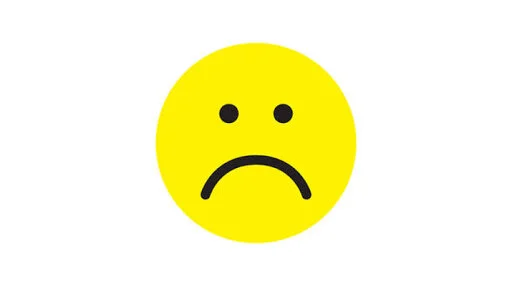How to Summarize a Big Chunk of Nutrition Research: Almost Anything You Are Likely to Think Of Is Better Than the Standard American Diet
The acronym SAD is almost irresistible for bad things. One such bad SAD thing is Seasonal Affective Disorder. Another is the Standard American Diet.
Because people need to eat to live, nutrition research is bedeviled by not being able to say whether a particular food is good or bad in itself. A key question is always “Compared to what?” By and large, convenience in running experiments or doing epidemiological analysis means the answer will be “Compared to the Standard American Diet.” And the simple fact is that the Standard American Diet is so bad that almost anything else is an improvement—with the main exception being food that causes problems over a fairly short time horizon.
To put it another way, when a food is called “healthy,” notice that it is usually an indicator of doing something other than the Standard American Diet. When a food is called “unhealthy,” notice that it is usually an indicator of following the Standard American Diet reasonably closely.
As an approximation, think of the Standard American Diet as a sort of global minimum. Any vector with its tail at that global minimum is going to be pointed up, no matter where on the surface the head of the vector is placed.
There is an important message here. If you are eating in a way similar to the way most Americans eat, stop! Do something else. If you are making a modest change in a direction that seems plausible, it will probably be an improvement. If you are making a big change, it will be more important that you choose a good direction.
I have many suggestions on improving your diet (both what you eat and when you eat) in my Tuesday diet and health posts. (See the link below.) But the Standard American Diet is so bad, the chances that you can blindly fumble your way to something better than the Standard American Diet even without high-quality advice are pretty good. Inaction is one or your worst enemies here.
For annotated links to other posts on diet and health, see:
